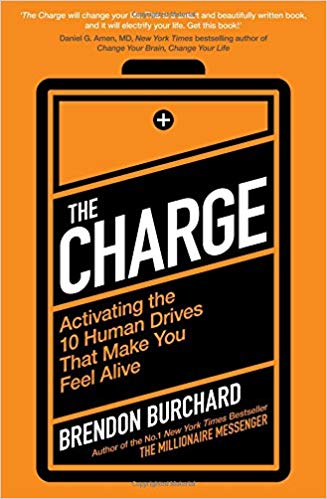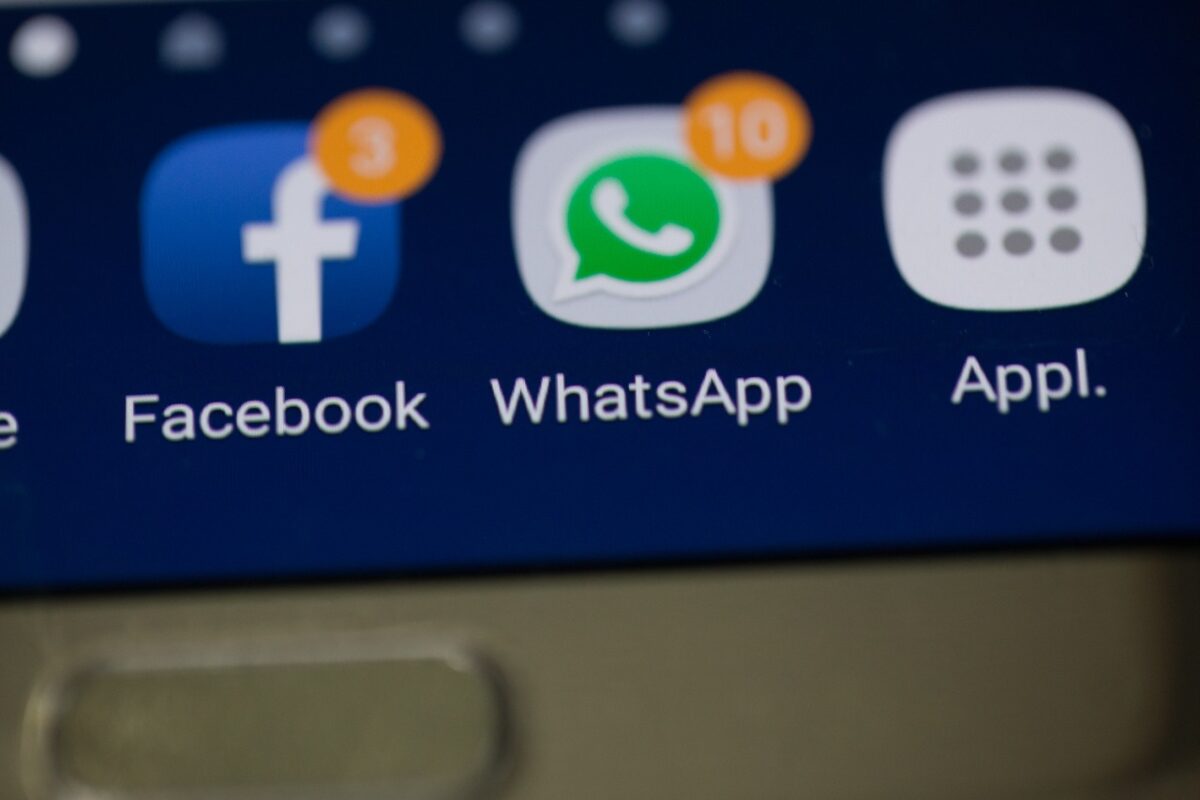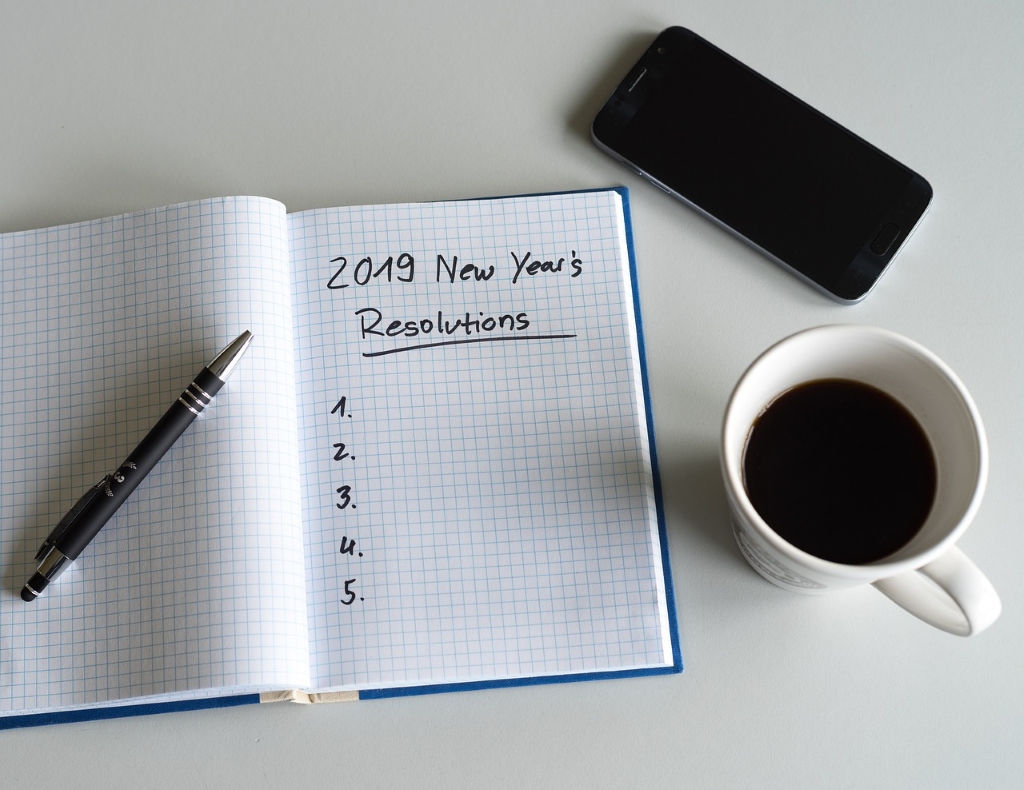It’s been a while since my last post. I’d been busy first and I’d been on holiday. Today I’ll talk a bit about the latter.
I wanted to get away. I could feel it not just in my tired eyes, snow-white skin, and freezing cold hands after a long winter, but also just in my soul. I’m not an overly-spiritual guy, but a phrase kept coming to mind every couple of days:
“I’m soul-tired”.
I knew this feeling from before. It’s more commonly known as burnout, but for whatever reason, my subconscious had come up with a new term for it.
I wasn’t suffering so much physically, as I’d been taking care of myself with sleep, exercise, and eating well, so I wasn’t run down or getting sick, but my routine was slipping as my mind protested its shabby treatment. My time management was going out the window. I was more prone to being distracted. Basically my soul was protesting against doing the same(ish) tasks in the same place for months on end without being able to draw out a paycheck yet). Without having seen much sun or warmth all Winter, and tired after nearly 3 months of bidding for semi-state training contracts (bureaucratic form-filling is not fun… not sure if you knew) I just needed to escape and get some warmth into my bones.
I had missed the last holiday I’d planned to take due to timing complications in my last workplace, so it had now been 11 months since I’d been anywhere (and even that was for a work conference).
So, with my birthday approaching, I decided to get away for it (in the end I departed 2 days after, but whatever) and looked for some quick, all-inclusive Sun holidays. The best deal to be had was for Tenerife, so I booked, and flew out less than a week later.

Switch off. Charge up.
Don’t bring the laptop
I debated (for about a second) bringing my new laptop so I could work by the pool, but no. This was about NOT working. I knew I needed to get somewhere that I couldn’t work, even if I wanted to. Since I usually work from home, it can be hard to delineate the working day from the relaxing part of the day (though I usually use dinner time as the cutoff). I needed to get somewhere that was unambiguously for relaxing. Luckily I hate typing on my phone, so I wasn’t prone to answering any but the shortest of emails on that.
Go All-Inclusive
If you ever have the option to go all-inclusive in a holiday hotel, I do recommend it. It usually works out cheaper (unless you eat away from the hotel a lot), but the main thing it does for you is takes an extra mental load off. You don’t have the stress of budgeting for food or drink, or overspending. “Splashing out” on dessert isn’t a concern. You just have it. Or don’t! Whatever you like! It’s already paid for, so enjoy it at your leisure! Just not too much on the alcohol…
Yes, the booze might be watered down (wasn’t here though), and the food may leave something to be desired, but as Napoleon Bonaparte said; “Quantity has a quality all its own”. 😉
Read
I love reading a fresh book on holidays. I used to always read fiction but lately have read a lot more non-fiction. I wasn’t sure if bringing a ‘work’ book with me would defeat the purpose of the holiday, but I risked it. I actually brought two but only read 100 pages of the first. I was just having too much fun (also Tenerife was actually cold so I didn’t spend a lot of time reading by the pool).
At any rate, I’m still reading, and quite enjoying, the classic ‘Think and Grow Rich’ by Napoleon Hill. I’d put off reading it for a long time because of the cringey title, but when I realised that it’s a classic written in the 1930s, from which most of the other self-improvement books out there (good and bad) owe their lineage, I added it to my list. If nothing else, there are some fascinating case studies in there.
Since my holiday was about recharging, I also bought the audiobook of The Charge, by Brendon Bruchard. I really enjoyed listening to this as I walked around exploring Puerto De La Cruz in Tenerife, getting some sun, taking in the sights and smells, and just gaining some perspective on my life and work by being away from the desk. I’d recommend this book to anyone feeling drained, though the audiobook format isn’t ideal for this one as there are a number of lists and activities to complete that would prove challenging to find again in audio format. Paperback recommended.
Listen to music
I also enjoy having a bit of a soundtrack to a holiday. I like to buy new music (I’m not a Spotify fan) and associate it with a trip or activity. That way, when I listen to the music again, I can in part bring back the sensations and feelings associated with that music. Music has a very mysterious and wonderful superpower that resonates with us deeply – so why not try and use it. I chose the synth-wave band Gunship’s two albums to explore and I loved them! Check out one of my favourite tracks below (I tweeted out this video recently).
Meet new people
One thing I’m so glad that I’ve learned over the years is how to just strike up conversation and make friends wherever I go. It’s invaluable. I definitely have those days where I’m feeling too deflated to talk to strangers, because it does take a little effort and energy (I’m naturally introverted), but when I’m in a new space I can usually manage it. Really it just takes the an opening line and then conversation just goes from there. In a tourist hotel for a week (5 days in my case), you’ll see the same people again and again and it pays to have made a little effort. Effort is the wrong word, even, as it sounds like you gave up something, but you know what I mean.
One of the highlights of my trip was talking to the rep, Richard, from Lonten Tours (he’ll most definitely look after you well if you’re ever on holiday in Tenerife). I went down to book a boat and a bus tour around the island, and just ended up chatting for about 90 minutes about the books and podcasts we consume, and about the side/main businesses we’re both into. We really hit it off. I asked where was there good live music to be found and then got talking about the nightlife. He said they sometimes run pub crawls, but not at the moment. The next thing I know we’ve arranged an impromptu pub crawl for that evening with a few of the other young travellers around. So we’re getting in free (with free shots) to a few of the town’s better clubs and we’ve a small posse getting to know each other, all because of striking up a conversation.
That was my 2nd night only, so for the rest of the week I’d a small friend group who I saw repeatedly. Now I’ve (even more) friends I can visit in the UK, and I’ve a contact (friend too) who I can refer group holiday bookings to while he’ll send me potential business coaching clients that he meets. New friends, a few great nights out, solid tourism advice, and a new business contact – all for the price of striking up a friendly conversation. Whoever thinks that “networking” has to be creepy and salesy is doing it wrong!
Extra tip: I love karaoke too. The first night I banged out Frank Sinatra in the hotel bar karaoke and they asked me to do 2 more songs and close out the night! Not only that but people kept saying hi the next day, recognising me as “that Frank Sinatra guy”. If you can fight your nerves and get up and sing, it’s a real shortcut to making friends, as well as being damn fun in its own right.
All good things must come to an end

All too soon, it was time to return, but I found some clarity there that I could take home with me. I very much hate commuting, and love to travel. I want to see so many places. I want to visit friends that I’ve made that are scattered all over the world. I left Ireland with a choice to make following an interview done the week before. I was considering whether I wanted to get another office job in a Dublin company, with either a nearly 2 hour commute each way, or the necessity to move into the city and lose half my salary to extortionate rents. I was strongly considering that, as unattractive as it sounds (the company was doing exciting things, to be fair).
But that’s the wrong path for me (and most people I think, but it’s just what Dublin offers right now so many are stuck with it). The books I read on the holiday (especially Brendon Burchard’s, mentioned above), as well as the perspective gained from just leaving Ireland again for a week, solidified in my mind that I want to be in charge of my own career, and have it be a Remote Work career primarily. I returned with a new commitment to my business, and a new Why, which I’ll talk about soon.
In Conclusion
We all need a rest, and some perspective. Life is about balance, and I was off-balance. If you’re feeling “soul tired” or burned out, I strongly recommend taking a few days off. Even if it’s just to run errands, clean the house, and clear Breath of the Wild, that would do you some good, but getting far from home and seeing somewhere new can’t be beaten for casting your own life in a new light, revealing both the beauty and the stains that you’d missed.
Until next time…
PS As an Amazon Associate I earn from qualifying purchases. I’ve linked some books above. It costs you no extra to buy through the link, but I get a small percentage as a referral bonus.









